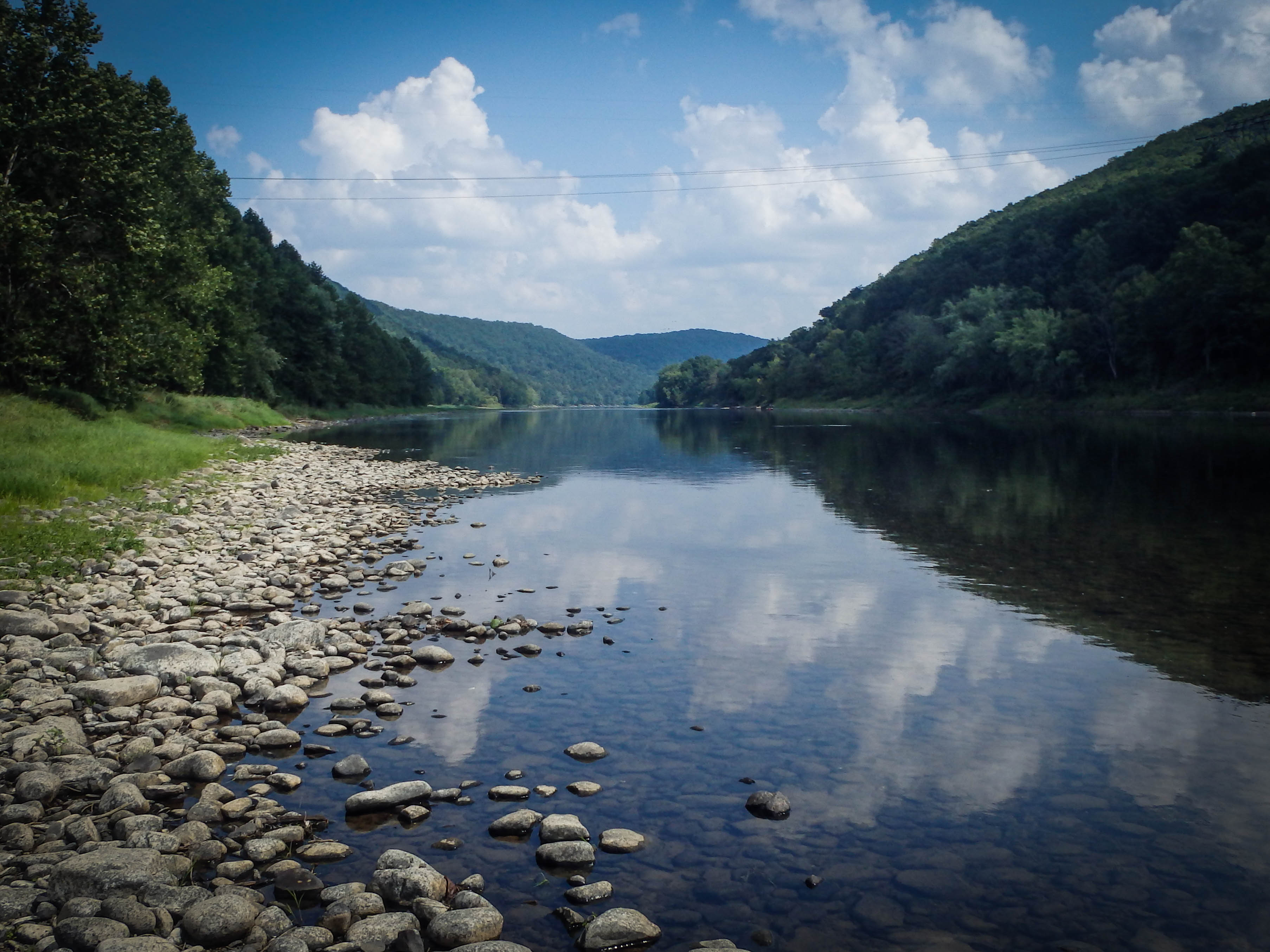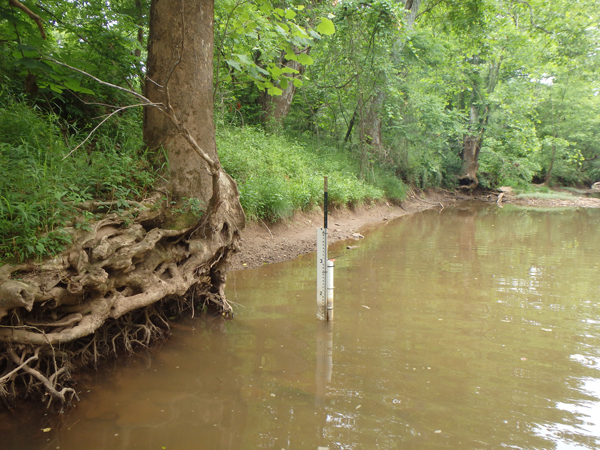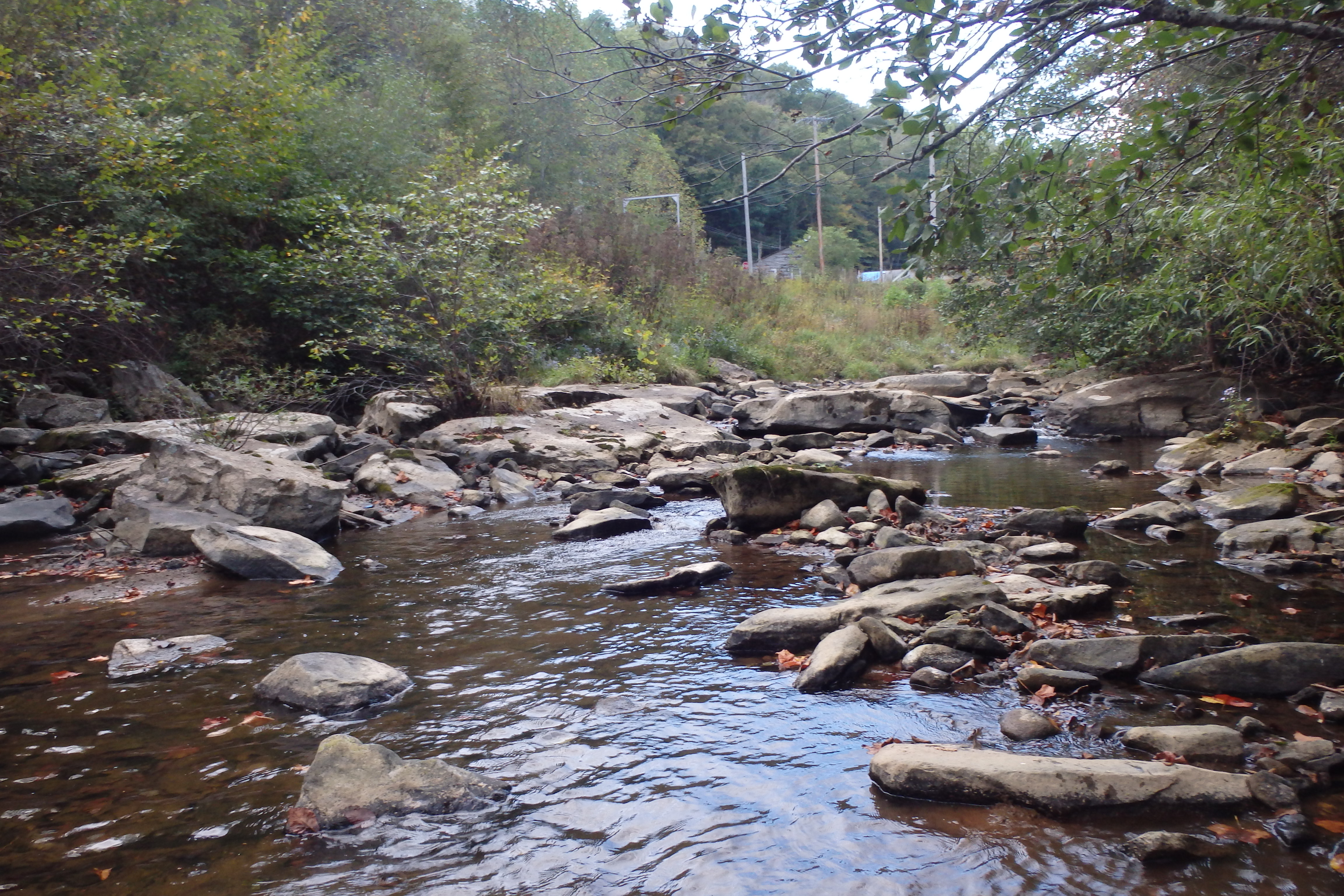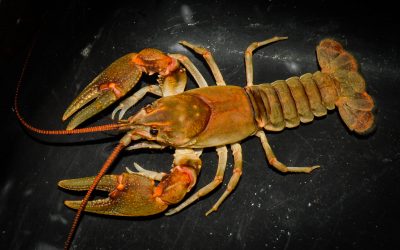Physical, Chemical & Biological Assessments
NPDES Permits
Lead staff for NPDES projects hold advanced degrees in Fisheries Resources and have extensive experience collecting, managing, and reporting water chemistry data alongside benthic macroinvertebrate and fish community data. In addition, we are comfortable with state, regional, and federal protocols and methodologies for collecting and reporting chemical, physical, and biological data. AIIStar Ecology can meet NPDES permit specific needs in a cost efficient and timely manner.
Mitigation & Restoration Projects
AIIStar Ecology staff have experience conducting benthic macroinvertebrate and fish community assessments, physical habitat evaluations, and water chemistry sampling for on-site, off-site, and USACE 404 Permit based mitigation projects. The monitoring and reporting requirements for such projects can be extensive; however, we thrive in these environments by meeting time constraints while providing a detailed and thorough product.
AIIStar also specializes in evaluating stream (high-gradient and low-gradient) condition for restoration efforts. We have experience in evaluating and crediting ephemeral, intermittent, and perennial reaches of stream throughout the region, utilizing various indices and valuation tools. Our experienced staff can properly evaluate stream reaches and provide accurate condition ratings and proposed credits.
Benthic Macroinvertebrates
AIIStar Ecology is a one stop company for benthic macroinvertebrate sampling, processing, and identification. With experienced biologists on staff, we can provide all or any of these services as required. Our lab has experience working with private industry, university researchers, and non-profit organizations utilizing various protocols.
Water Management
Utilizing the latest in cellular and satellite telemetry, we are able to instrument remote watersheds and provide real-time streamflow data for the development of stage/discharge rating curves. WVDEP water withdrawal limits for ungauged watersheds are based on adjacent, gauged watersheds and include a margin of safety that frequently results in withdrawal allowances below what the stream can support. AIIStar can establish real-time gauges that can be used to refine withdrawal amounts, frequently resulting in increased water yield. No location is too remote for our combination of satellite and cellular telemetry devices. Our equipment rental rates, including dissolved oxygen, temperature, and water level data loggers are well below the industry standard, and our in-house specialties in ArcGIS, stream morphology, and flow monitoring ensure thorough and accurate data collection.
Candy Darter Monitoring and Relocation
AllStar Ecology has a team of aquatic biologists who hold both state and federal collection permits to conduct monitoring and relocation for the endangered candy darter (Etheostoma osburni). We have completed the necessary survey plans, field work, and reporting for stream embankment repair and bridge replacement projects within the Monongahela National Forest, and are able to provide all monitoring and relocation services for any projects that may potentially impact candy darter critical habitat, which includes much of the Gauley and Greenbrier River watersheds in West Virginia.
Water Withdrawals
USFWS requirements for threatened and endangered freshwater mussel streams may include environmental parameter monitoring beyond the scope of a typical water withdrawal installation. AIIStar has the necessary equipment and experience to not only design and implement environmental monitoring plans, but also to process, package, and analyze data in a way that meets both industry and regulatory needs. When water withdrawals require mussel habitat identification and monitoring, AIIStar provides comprehensive solutions that include data collection and reporting, as well as agency correspondence and compliance.
Eli Shleser – eli@allstarecology.com
Environmental Scientist I / Dive Safety Officer, PADI Master Diver
Eli Shleser is an Environmental Scientist I and the Dive Safety Officer with AllStar Ecology. Mr. Shleser has considerable experience collecting, analyzing, and reporting environmental data to numerous state and federal agencies for a wide varitey of clients including private industry, non-profits, and municipalities. Mr. Shleser’s fieldwork experience also includes water chemistry and bacteria monitoring, stream habitat assessments, fish, Candy Darter monitoring and relocation, macroinvertebrate, and freshwater mussel community surveys.
RECENT PROJECTS

Stream Restoration Monitoring
AllStar performed long term fish assemblage, habitat, water chemistry, and benthic macroinvertebrate community assessments for a large-scale stream restoration project in West Virginia. In only two years, AllStar biologists collected and identified over 3,700 stream fishes and identified over 45 genera of benthic macroinvertebrates. Utilizing state, regional, and national assessment tools and resources, AllStar continues to evaluate stream condition and the benefit of stream restoration projects throughout the Appalachian region.

Water Withdrawal Monitoring on Mussel Streams
Water withdrawals on creeks that support freshwater mussel populations, such as the South Fork of the Hughes River, must be calibrated to not adversely affect habitat through low water levels. By collecting and analyzing hydrometric and environmental data, AllStar was able to ensure the biologic integrity of the stream below the withdrawal.

NPDES and 404 Bio-monitoring
Annually, AllStar manages numerous NPDES and 404 biomonitoring projects. To date, AllStar has started and completed 15 permit specific projects for operations in the Potomac Highlands, Mountain Lakes, Eastern Panhandle, and Mountaineer Country regions of West Virginia, as well as the Appalachian Plateau of Ohio. AllStar’s success is due to knowledge of permit requirements, extensive experience in state specific field and laboratory methods, and a timely product turnaround.
NEWS
AllStar Welcomes New Staff
AllStar Ecology is excited to announce the addition of four new staff members with a wide range of biological and environmental experience and expertise. Matthew Gilkay, Environmental Scientist I / Aquatic Biologist, is assisting AllStar with freshwater mussel...
Surveying for Threatened & Endangered Crayfish of the Southern Coalfields
In 2016, two species of Appalachian crayfish, the Big Sandy Crayfish (Cambarus callainus) and the Guyandotte River Crayfish (C. veteranus) were awarded federal protection under the Endangered Species Act. Due to their limited range and degrading habitat, the Big Sandy...



